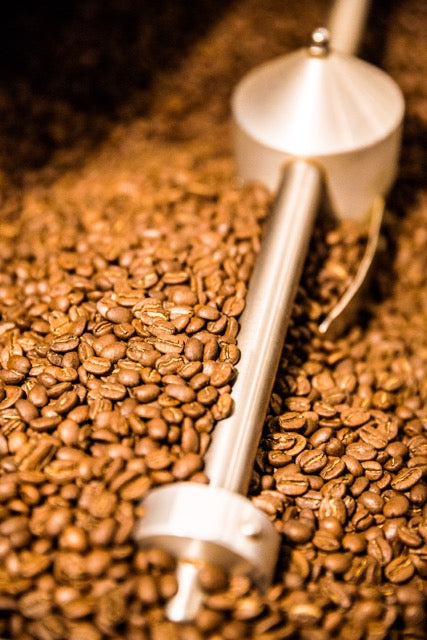French Press
The French press, also called a plunger, is probably the most well-known coffee maker for the full immersion brewing method. The coffee is extracted while floating in water and filtered through a metal filter. With the French press, you can easily prepare large quantities of filter coffee. Therefore, no well-stocked kitchen should be without a plunger. We'll explain what makes coffee preparation with a French press so special and what you should pay attention to.
Availability
Price
French Press at Süssmund Kaffee

Why you should make coffee with a French press

Buy coffee for French press
Frequently Asked Questions
What does immersion brewing mean?
How do you make coffee with a French press?
What does coffee from a French press taste like?
What is the right grind size for a French press?

